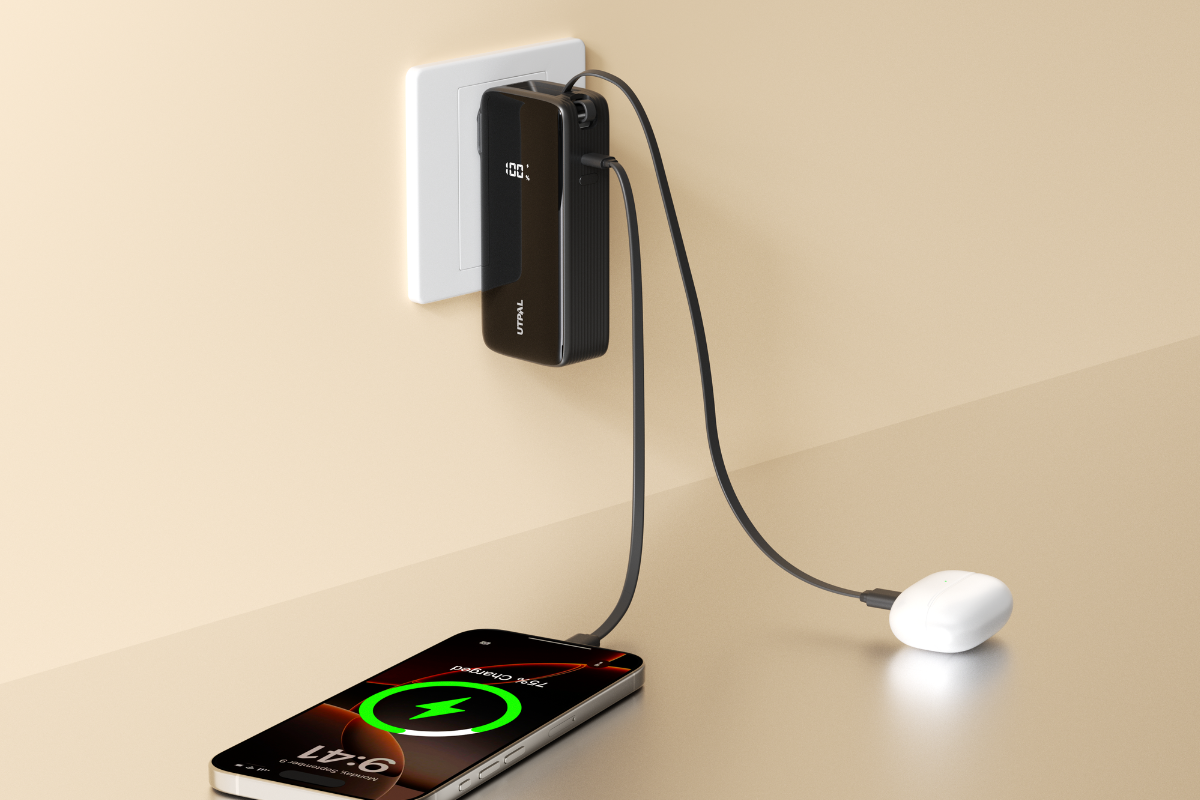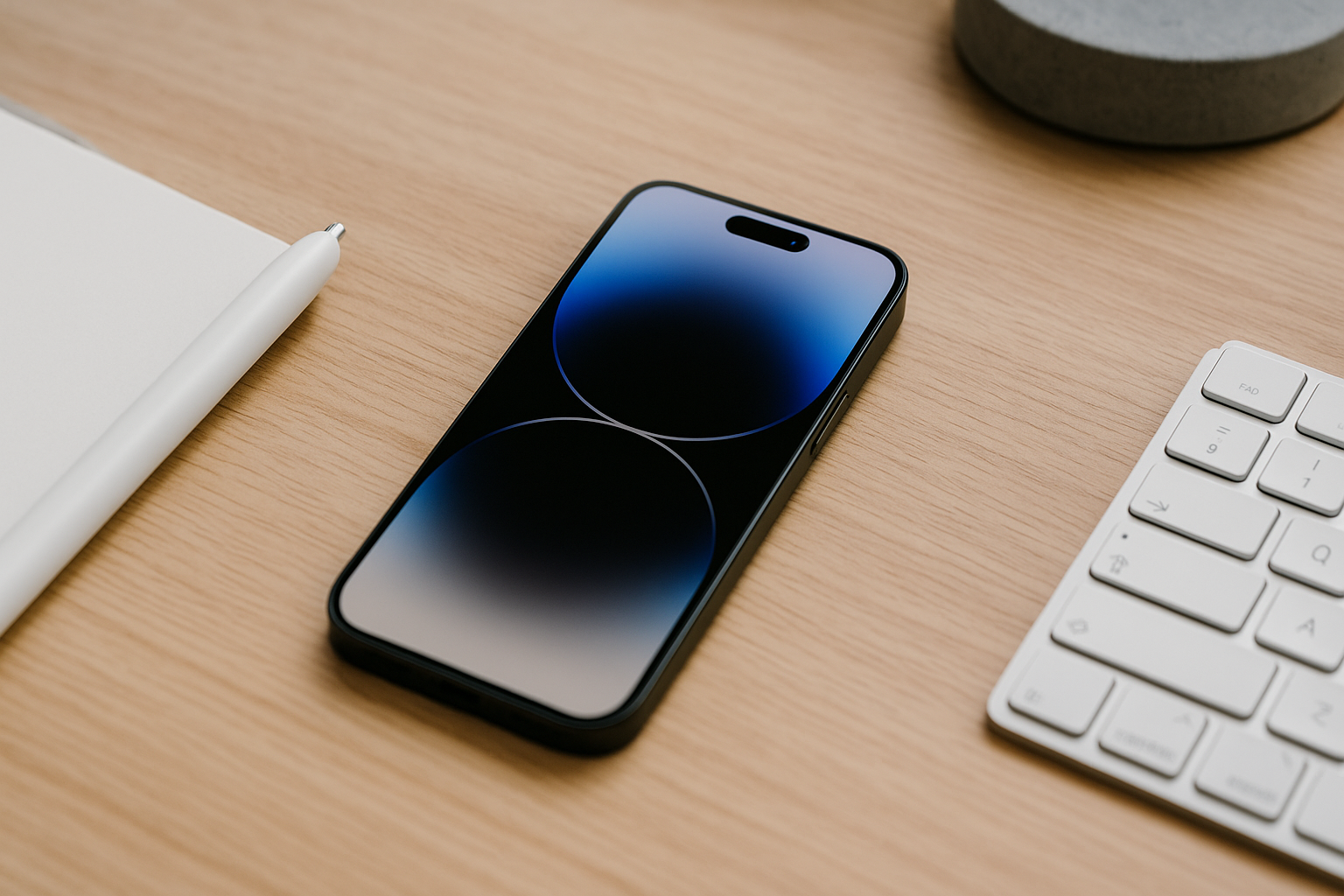Power banks have become essential companions in our tech-driven lives — powering up phones, tablets, and wireless earbuds on the go. But did you know improper use can lead to safety issues like overheating, short circuits, or even battery damage?
At UTPAL, we believe in powering every moment — safely and reliably. This guide will walk you through how to charge smart and stay safe with your power bank.
Common Safety Concerns About Power Banks
Before we talk prevention, here are some common power bank safety risks you should be aware of:
-
Overheating: Often caused by poor battery quality or constant use without breaks. Overheating can damage both the power bank and your devices — or worse, become a fire hazard.
-
Overcharging: Leaving devices plugged in too long can reduce battery life and even cause bulging or leaking.
-
Short Circuits: Damaged cables or internal wiring faults may lead to sparks or device failure.
-
Battery Leakage: Caused by exposure to extreme heat, cold, or manufacturing defects. This is a serious health hazard and can ruin your devices.
-
Fake or Low-Quality Materials: Counterfeit or poorly made power banks are more prone to malfunction or even explosion.
-
Capacity Mislabeling: Some brands exaggerate battery capacity, leading to underperformance.
-
Incompatible Output: Using the wrong voltage/amperage can damage your device.
How to Ensure Safe Charging with Power Banks
Follow these practices to stay safe and extend the life of your power bank:
-
Inspect Before Use
Avoid power banks with visible damage, swelling, or leakage. -
Avoid Overnight Charging
Charging while you sleep may lead to overheating. Always unplug once it's full. -
Use the Right Cables
Cheap or incompatible cables can cause slow charging, heat buildup, or even device failure. -
Match Capacity to Your Needs
A 10,000mAh power bank is ideal for daily use. For travel or multiple devices, 20,000mAh+ is recommended. Avoid overloading small-capacity models. -
Charge in a Safe Space
Keep your power bank away from flammable surfaces, heat, and water. Avoid using it under your pillow or inside bags while charging. -
Choose a Reputable Brand
Certified, safety-tested models from trusted brands — like UTPAL — offer multiple protections and consistent performance.
What to Look for in a Safe Power Bank
When shopping for your next power bank, here’s what matters:
-
Right Capacity
Match the mAh to your usage. For phones, 10,000–20,000mAh is a sweet spot. -
Output Compatibility
Check if the voltage and amperage match your device requirements — especially for laptops, tablets, or fast-charging phones. -
Smart Protection Features
Look for short circuit, overcharge, and temperature protection. -
Quality Battery Cells
Lithium-polymer or lithium-ion batteries from verified sources are more reliable. -
LED Indicators or Displays
A digital readout helps manage charging more precisely and prevents overuse. -
Multi-Port Support
If you’re charging multiple devices, make sure your power bank supports simultaneous output without overheating.
Conclusion
Power banks are incredibly useful — but only when used safely. By understanding risks, following safe charging practices, and choosing quality devices, you can protect your tech and yourself.
At UTPAL, every product we design puts safety first. Whether you're commuting, traveling, or powering through your day — we've got your back, one safe charge at a time.
FAQs About Power Bank Safety
Q: Will a power bank damage my phone battery?
A: Not if you use a high-quality, compatible power bank. Avoid uncertified or knockoff products.
Q: Is it safe to use a power bank while charging it?
A: It's best to avoid this. Charging and discharging at the same time causes heat buildup and stress on internal components.
Q: Can I take power banks on airplanes?
A: Yes, but only in carry-on luggage. Most airlines limit capacity to 100Wh (around 27,000mAh). Always check with your airline beforehand.
✅ Ready to Charge Smarter?
Learn more about UTPAL series — made for safe, everyday charging.




